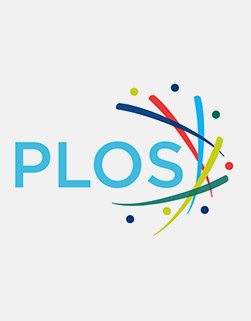Microbial communities are ubiquitous across all agricultural, industrial, and natural systems, and directly impact human health and disease. Predictive models for the movement of genes, genomes, and microbes across these interconnected ecosystems are urgently needed to address immediate and critical threats, including antimicrobial resistance and disease transmission, and maintain healthy microbial communities. The Infection Genomics for One Health (IGOH) theme aims to identify gene dynamics of microbes across ever-changing ecosystems, and create a framework that can describe and predict microbial interactions and gene movement. This data can then be used to determine what factors influence microbial transmission, resistance, and symbiotic interactions in different environments.
Recent Publications from IGOH
View full list of publications from IGOH
From Leaders of the Theme
IGOH aims to develop a broad and predictive framework for infection biology that will directly address major challenges to health by studying both healthy and diseased microbial ecosystems. IGOH connects academic, agricultural, and industrial spheres using coordinated application of novel methods, and works to integrate the resulting big data into a single predictive systems-framework based on ecological and evolutionary principles. To this end, the IGOH theme supports cross-disciplinary collaborations among researchers in ecology, evolution, microbiology, virology, biomedical sciences, agricultural and food sciences, entomology, engineering, and anthropology. They also lead the Labor, Health, Equity, Action Project (LHEAP).
Together, IGOH researchers harness high-throughput, genome-based methods to quantify the spatial and temporal dynamics of both free-living and host-associated microbes important to human health. The work extends principles of ecology and evolution across a series of nested hierarchies, analyzing the dynamics and interactions at the gene, genome, organismal, population, community, and landscape levels through network and community models. At each level, both within- and between-host microbial dynamics are considered.
IGOH is also home to GEMS (Genomics and Eco-evolution of Multi-Scale Symbioses), an NSF Biology Integration Institute that focuses on the classical species interaction between clover and honey bee pollinators as a model to understand the impact and dynamics of the myriad of microbes nested within them.






